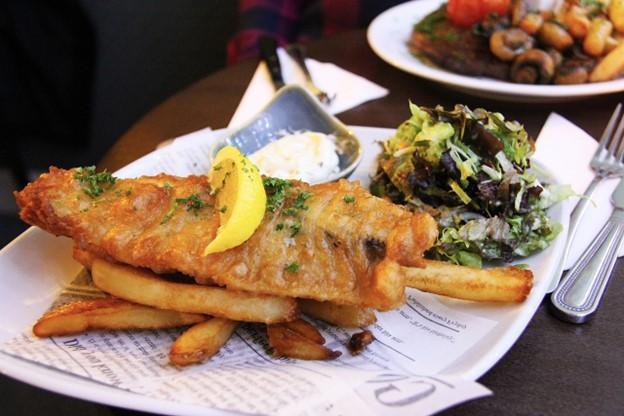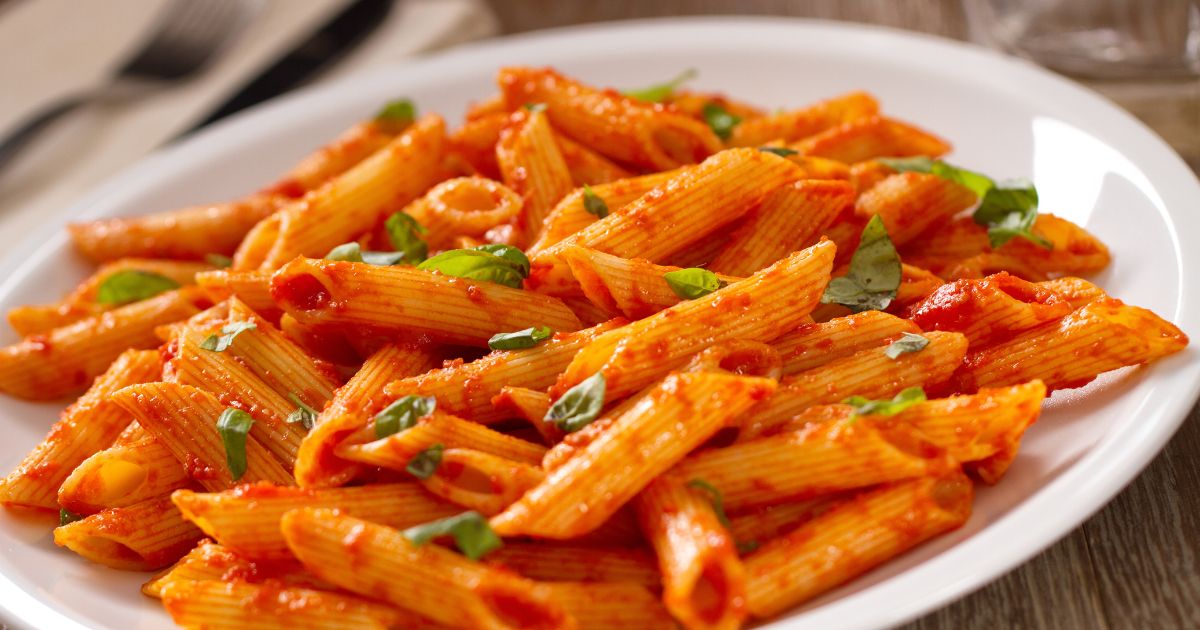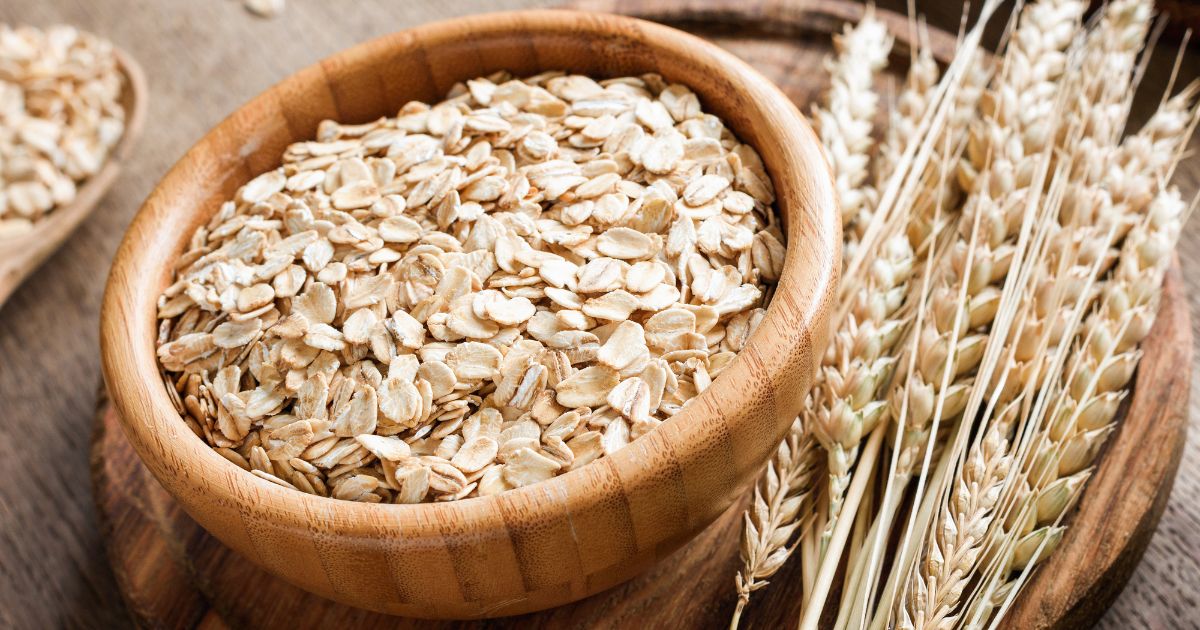The culinary landscape of the United Kingdom is a tapestry woven from centuries of diverse influences, reflecting a history shaped by trade, conquest, and innovation. Traditional British cuisine encompasses a wide range of dishes, each with its own unique story and flavor profile.
In this article, we’ll delve into some of the most iconic and beloved traditional foods that have stood the test of time.
Roast Beef and Yorkshire pudding:
Arguably one of the most quintessential British dishes, roast beef with Yorkshire pudding is a Sunday tradition that has graced dining tables for generations. The succulent roast beef, cooked to perfection and served with crisp, golden-brown Yorkshire puddings, is often accompanied by roasted vegetables and rich gravy. This dish encapsulates the essence of hearty, comforting British fare.
Beef Wellington
A steak fillet that has been paté-coated and then rolled in pastry is known as beef Wellington. Even though the meal is named after the well-known Duke of Wellington, it has nothing to do with the British nobility. The French meal filet de boeuf en croûte (beef in pastry) is said to be the inspiration for Beef Wellington.
Fish and Chips:
Known the world over, fish and chips is a cornerstone of British cuisine. Consisting of battered and deep-fried fish (commonly cod or haddock) served with chunky, golden fries, it is traditionally accompanied by mushy peas and a generous drizzle of malt vinegar. This dish emerged in the 19th century as a staple of British working-class communities and remains an enduring symbol of British culinary culture.
Afternoon Tea
What could possibly be more scrumptious than scones, finger sandwiches, cake, and tea? It’s a fallacy that we Brits have afternoon tea at 5 o’clock every day, despite the fact that we are known for it. Infrequently consumed between 3 and 4 p.m., afternoon tea is a treat.
Full English Breakfast:
A hearty start to the day, the Full English Breakfast is a legendary combination of eggs, bacon, sausages, black pudding, grilled tomatoes, baked beans, and toast. This substantial meal provides a satisfying blend of flavors and textures, making it a beloved morning ritual for many Britons. Variations exist across the UK, with regional preferences influencing ingredient choices.
Ploughman’s Lunch:
A rustic and simple meal, the Ploughman’s Lunch celebrates the charm of British pub fare. Comprising a selection of cheese, crusty bread, pickles, and sometimes a slice of cold meat, this dish is as much a celebration of local produce as it is a testament to the enduring appeal of uncomplicated, wholesome food.
Shepherd’s Pie:
A comforting classic, Shepherd’s Pie is a savory dish featuring minced lamb or mutton, cooked with onions, carrots, and peas in rich gravy. Topped with creamy mashed potatoes, it is baked until golden and bubbling. Its roots can be traced back to rural communities where it was devised as a means of utilizing leftover roast meat.
Black Pudding:
A testament to the UK’s inclination towards utilizing every part of an animal, black pudding is a type of blood sausage made from pork blood, fat, and a mixture of oats or barley. Seasoned with spices, it has a distinctive, hearty flavor and is often enjoyed as part of a traditional breakfast or as an accompaniment to other dishes.
Cornish Pasty:
Originating from the mining communities of Cornwall, the Cornish pasty is a handheld delight made of flaky pastry filled with diced meat, potatoes, onions, and turnips. Its distinctive crimped edge served both a practical purpose (as a handle for miners with dirty hands) and as a means of distinguishing different fillings.
Conclusion:
Traditional British cuisine is a celebration of history, culture, and the enduring appeal of simple, hearty flavors. These iconic dishes have been cherished for generations and continue to hold a special place in the hearts of Britons and visitors alike. Whether it’s the comforting embrace of a Sunday roast or the satisfying crunch of fish.




